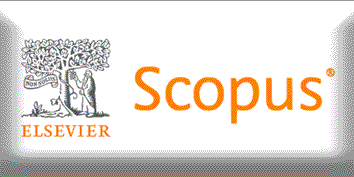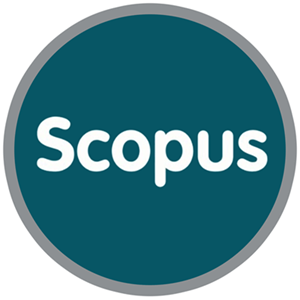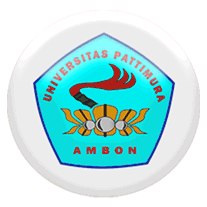MENGKAJI PERBEDAAN KEMAMPUAN MATEMATIS SISWA MENGGUNAKAN MODEL PEMBELAJARAN KOOPERATIF THINK PAIR SHARE (TPS) DAN MODEL PEMBELAJARAN KONVENSIONAL DI KELAS VIII SMP DITINJAU DARI LEVEL SEKOLAH
Assessing the Difference of Mathematical Capability Students Using Cooperative Learning Think Pair Share (TPS) Model and Conventional Learning Model in Class VIII SMP Reviewed from School Levels
Abstract
The purpose of this research is to study the differencesstudents’ mathematical abilities of schools with middle accreditation level and low accreditation level when given the same treatment by applying Think Pair Share (TPS) model compared to conventional models on the circle concept. The Population of this research is schools with a midddle accreditation level and low accreditation level in Ambon. Samples of this research are students on the 8th grade of SMP Al-Wathan Ambon which has middle accreditation level and students on 8th grade of SMP Ass Salam Ambon which has low-level accreditation. This research is experimental research by using Post Test Only Control Group Design. The results on these schools shown that a significant value less than alpha value, in precisely 0,012 < 0,05, which means H0 is rejected and H1 is accepted. This statistical expression means that there is a difference in students’ mathematical abilities through the application of Think Pair Share and Conventional model reviewed from school levels.
Downloads
Authors who publish with this Journal agree to the following terms:
- Author retain copyright and grant the journal right of first publication with the work simultaneously licensed under a creative commons attribution license that allow others to share the work within an acknowledgement of the work’s authorship and initial publication of this journal.
- Authors are able to enter into separate, additional contractual arrangement for the non-exclusive distribution of the journal’s published version of the work (e.g. acknowledgement of its initial publication in this journal).
- Authors are permitted and encouraged to post their work online (e.g. in institutional repositories or on their websites) prior to and during the submission process, as it can lead to productive exchanges, as well as earlier and greater citation of published works.






1.gif)



